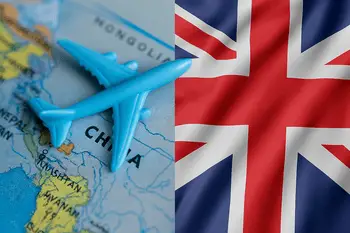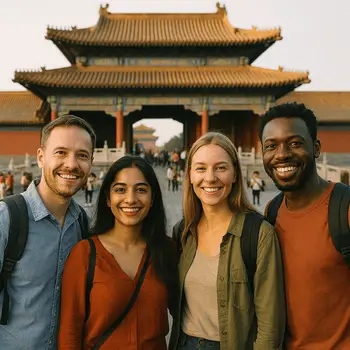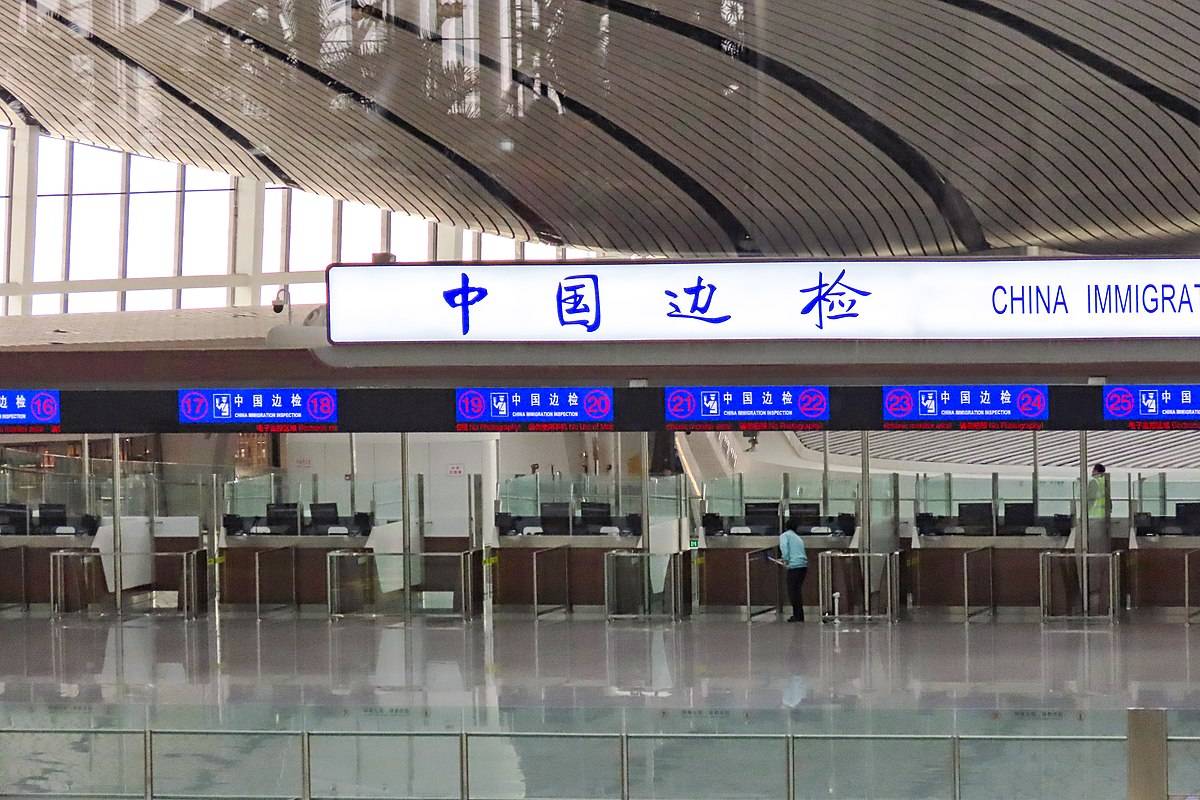
大兴边检
As part of its zero-tolerance Covid-19 strategy, China has imposed strict lockdowns, mass testing, large-scale contact tracing, quarantines, and entry restrictions since closing its borders to most international travel last year.
With the current spread of the delta variant overseas, the measures appear set to continue.
Here’s everything you need to know about travel to China and the entry restrictions.
How can I enter China?
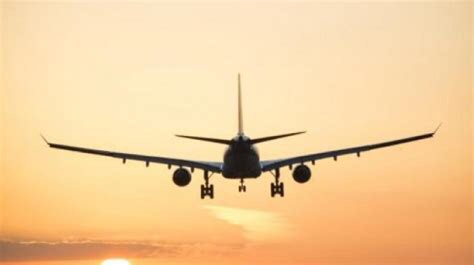
China’s inbound travel options have been drastically reduced.
Although air travel remains the primary mode of entry into the country, international flights are limited. In March of last year, China limited both foreign and Chinese carriers to only one international passenger flight per week.
The CAAC has the authority to suspend flights if a certain number of positive Covid-19 cases are found among a carrier’s passengers, though those rules have been relaxed this year. If five to ten passengers on a flight test positive for the coronavirus, the airline has the option of suspending operations for two weeks or continuing operations at a maximum of 40% capacity. Previously, they had to shut down for a week.
Travel by land and sea is also restricted since the outbreak of the pandemic.
China tightened control of its land border with Myanmar in response to concerns about the Delta variant’s spread. It ultimately closed its land border with Russia last year to stem a surge in cases entering the country from its northern neighbour.
Ferries between Hong Kong, Macau, mainland China, and the high-speed rail link between Hong Kong and Shenzhen and Guangzhou in Guangdong province have been suspended.
Can anyone enter China?
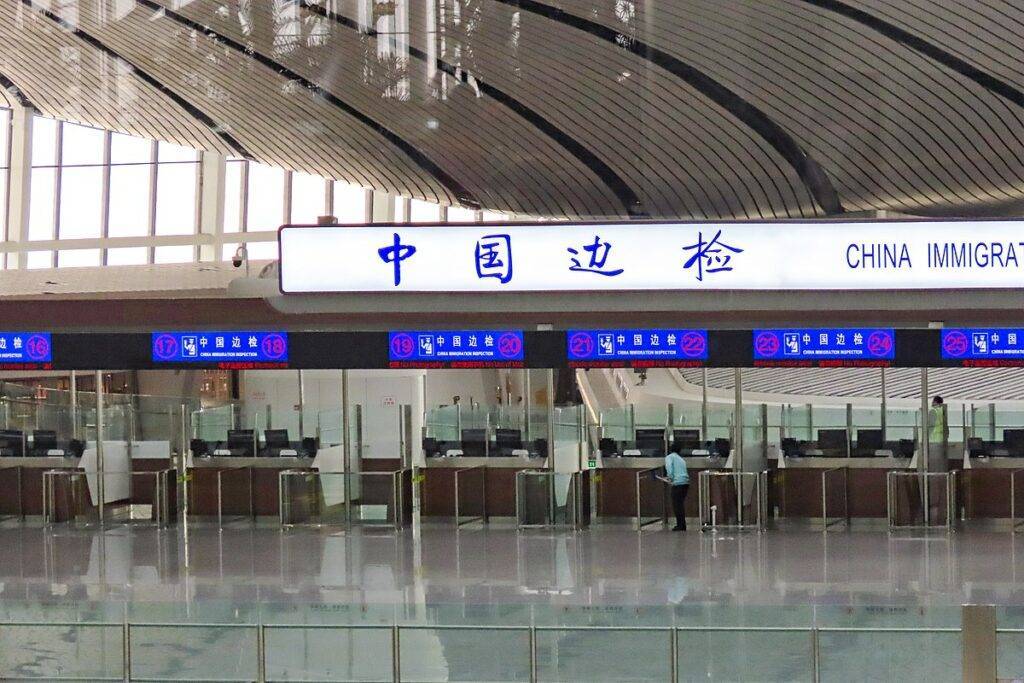
The short answer is: No.
Holiday travel to China is generally prohibited, but people with special courtesy visas, such as government officials and diplomats travelling for personal reasons, are permitted to enter the country. Those in the same group travelling on diplomatic and service visas for official purposes are also allowed entry.
China has refused to allow international students to return and resume their studies and has stopped granting visas to international students, except for South Korean students, following a visa agreement last year.
However, for specific reasons, it is still possible to enter the country. Mainland Chinese citizens can return home from abroad as long as they test negative for Covid-19 and obtain the necessary health code. Meanwhile, foreigners with valid work, personal, or family reunion residence permits, holders of Chinese Green Card (permanent residence ID Card), and those with approved visa types such as aircrew are permitted to enter.
Foreigners can apply for visas on humanitarian and emergency grounds, such as visiting critically ill relatives or attending the funeral of a close family member. Some visas, however, require travellers to have been immunized with a Chinese vaccine.
Flights from certain countries, such as the United Kingdom, Belgium, and the Philippines, have also been banned as cases have increased in those locations. For the most up-to-date information, travellers should visit the Chinese embassy’s website in their home country.
Is it possible to come from my home country to Hong Kong and apply for an M visa with a letter of invitation (PU) or (TE)?
Only if you meet the following two requirements may you apply for a visa in HKSAR:
- If you are a permanent resident of Hong Kong or have a valid HKID, you can book an appointment with the Chinese Visa Application and Services Center in Hong Kong and submit the application after completing the mandatory quarantine required upon arrival in Hong Kong. Non-HK residents from outside the HKSAR are prohibited access to HK under present HKSAR immigration restrictions.
- Second, only the invitation letter (PU) or (TE) addressed to the Commissioner’s Office of the Ministry of Foreign Affairs of China in HKSAR, rather than other Chinese missions overseas, would be accepted in HK.
Is it possible for non-HK Residents to get COVID immunizations in Hong Kong?
Only HK residents aged 12 or older are currently entitled to free immunization.
To receive their vaccine, those aged 12-17 must bring a consent form signed by their parents.
The vaccines are made available to non-HK residents only if they meet one of the following conditions:
- China Mainland residents who are holders of the Exit-entry Permit for Travelling to and from Hong Kong and Macao (EEP)
- Holders of UNHCR refugee status in HK
What documents do I require?

To enter China, Chinese citizens and foreigners must obtain a health code from a Chinese embassy or consulate before departure, in addition to a valid visa or residence permit.
To apply for the health QR code, travellers must submit an online application along with a negative PCR and antibody test. Both must be taken at a lab approved by the embassy or consulate within 48 hours of the flight.
Travellers will also be required to submit vaccination records and other supporting documents such as flight itineraries and proof of residence.
They should also take direct flights whenever possible because Chinese embassies will refuse to grant health codes to transit passengers if found out that direct flights are available.
In general, only one transit is permitted for travellers who do not have a direct flight to China, and health codes are required from the embassy or consulate at both the point of departure and the transit location.
Those travelling from high-risk countries, such as the United Kingdom, may be required to take an additional nucleic acid test.
Are immunizations required?
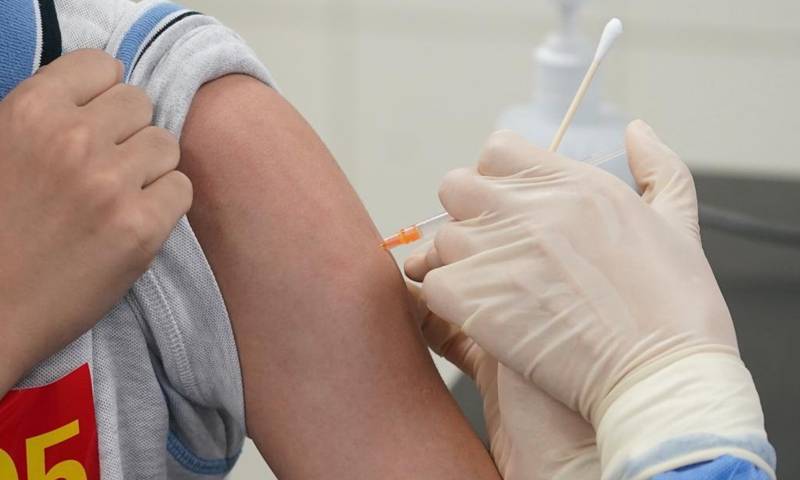
Vaccinations are not required, but those who have been fully vaccinated with a Chinese vaccine may enter China for personal reasons such as visiting close family members or caring for elderly relatives.
Those who have received other vaccines will be denied entry into China for the same reasons. They may, however, be required to take a different antibody test to obtain a health code to enter China.
Unlike other vaccines such as the Moderna and BioNTech shots, most Chinese vaccines are inactivated. Vaccinations may result in a positive antibody test result, and travellers who have been immunized with non-inactivated vaccines may be required to take a different antibody test. This requirement was not needed for those who received inactivated vaccines.
I landed in China, now what?

You will generally be required to undergo quarantine for 14 to 21 days in a quarantine facility.
The requirements for quarantine vary by province and city in China.
Some Hong Kong-bound visitors to Shenzhen, on the other hand, are permitted to spend half of their two-week isolation period at home.
